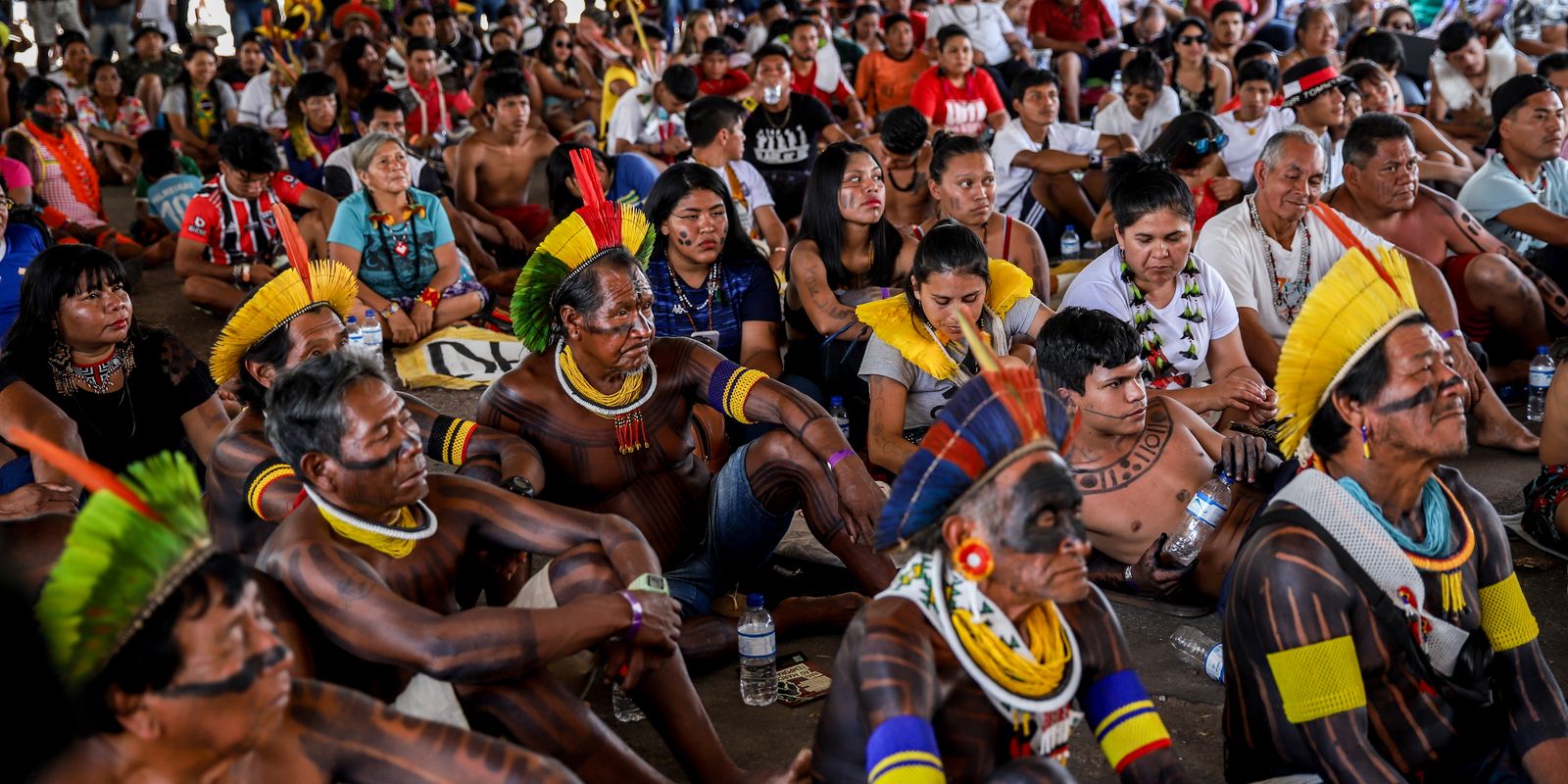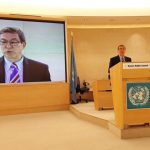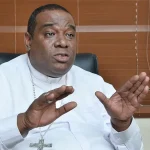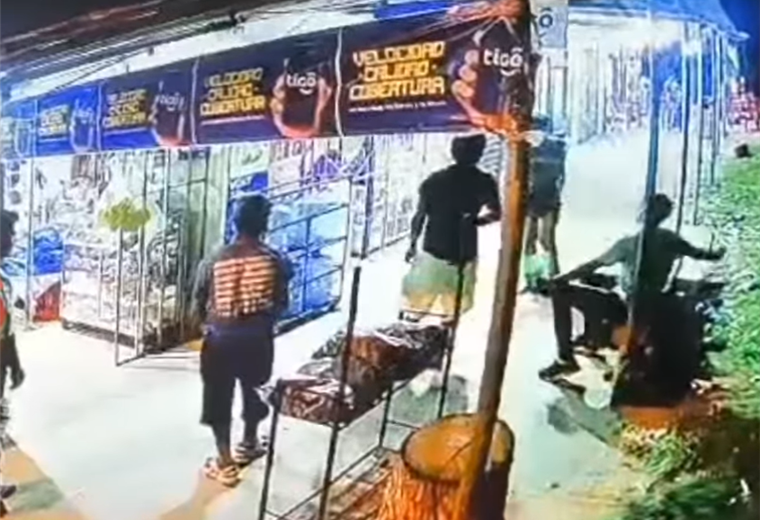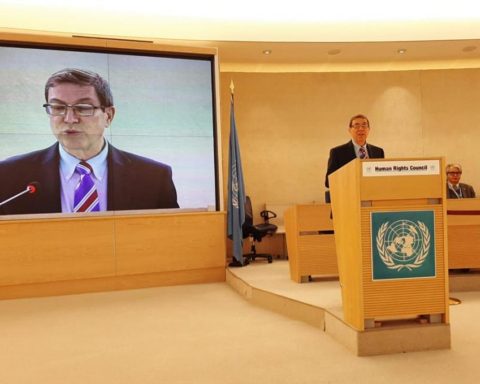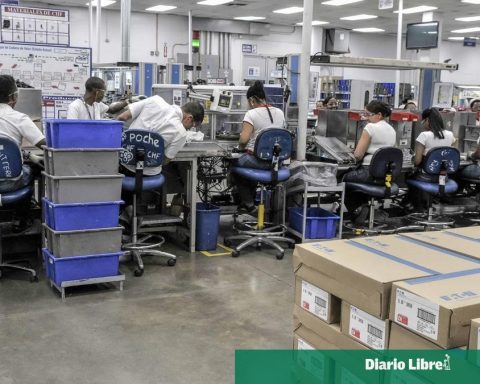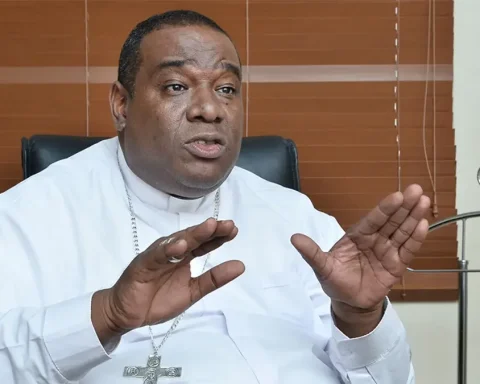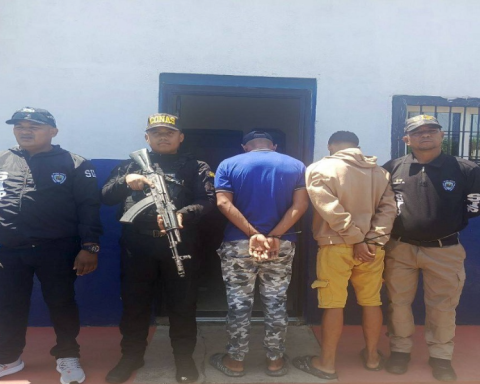The Articulation of Indigenous Peoples (Apib) is considering leaving the conciliation committee of the Supreme Federal Court (STF) that discusses actions involving the time frame for the demarcation of indigenous lands.
The entity’s position was expressed this Monday (5) during the first hearing called by Minister Gilmar Mendes to discuss the issue.
According to Apib, one of the largest entities representing indigenous peoples in Brazil, their rights are non-negotiable and there is no parity in the debate.
During the work, the entity requested a 48-hour period to decide whether it will participate in the next meeting, which was scheduled for August 28.
After hearing the entity’s questions about the lack of parity in the debate, Judge Diego Viegas Veras, the magistrate who presided over the hearing, said that the commission’s work will be maintained even if Apib leaves the meetings.
According to the coordinator of Apib, Kleber Karipuna, the entity’s participation in the conciliation depends on the suspension of the temporal framework law by the Supreme Court.
“The law needs to be suspended so that, on an equal footing, under conditions of debate, we can continue with this process. If the law is not suspended, we will continue to have legal uncertainty regarding the territories, with indigenous peoples being attacked,” he said.
Karipuna also said that indigenous people do not accept any possible flexibility in favor of the time frame.
“It is non-negotiable. For us, the position of the Supreme Court last year is clear, which, by 9 to 2, decided that the temporal framework thesis was unconstitutional,” he added.
The hearing was called by Minister Gilmar Mendes, rapporteur of the actions filed by the PL, the PP and the Republicans to maintain the validity of the bill that recognized the milestone and of processes in which entities representing indigenous people and government parties contest the constitutionality of the thesis.
In addition to taking the case to conciliation, Mendes denied a request from entities to suspend the Congressional decision that validated the framework, a decision that displeased the indigenous people.
The meetings are scheduled to continue until December 18th of this year.
Thesis
According to the temporal framework thesis, indigenous people only have the right to lands that were in their possession on October 5, 1988, the date of the promulgation of the Federal Constitution, or that were under legal dispute at the time.
In December of last year, the National Congress overturned President Luiz Inácio Lula da Silva’s veto of the bill that validated the framework. In September, before the parliamentarians’ decision, the Supreme Court ruled against the framework. The Court’s decision was taken into account by the legal team at the Planalto Palace to justify the presidential veto.
At the opening of the hearing, ministers Gilmar Mendes and Luís Roberto Barroso defended conciliation.
